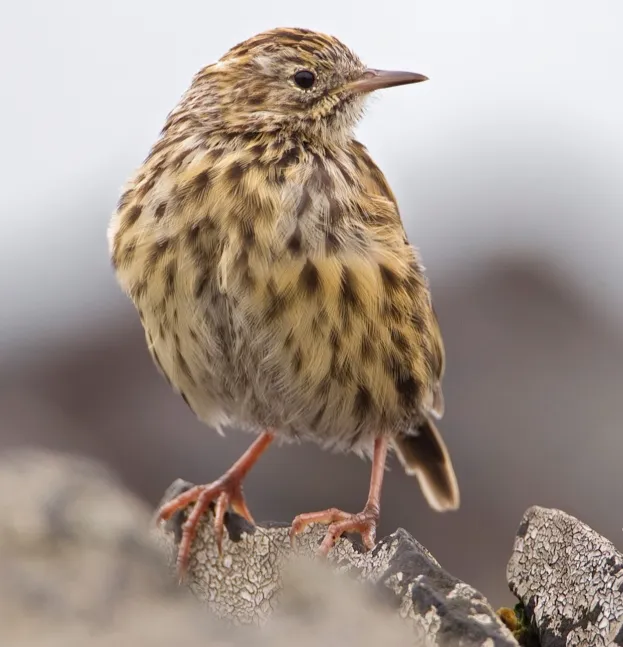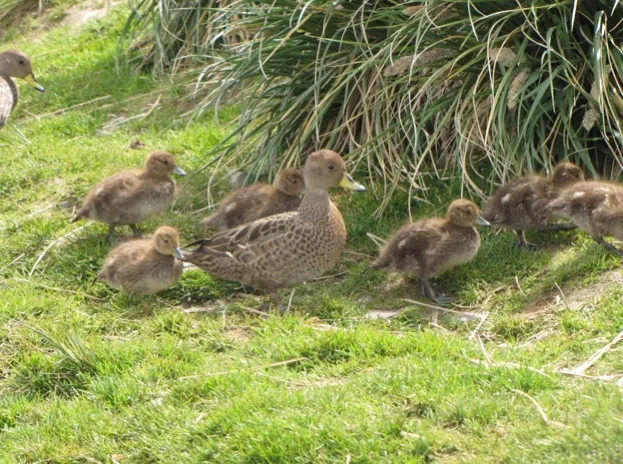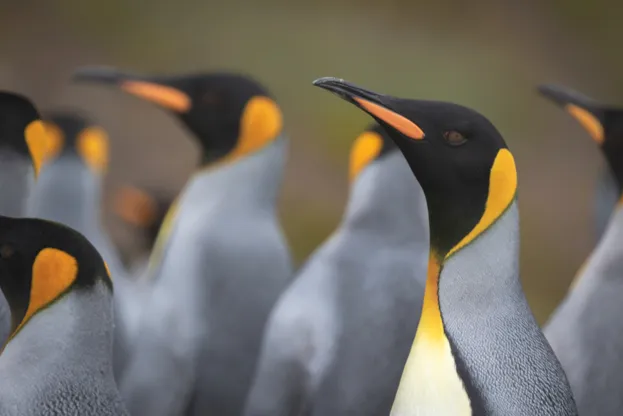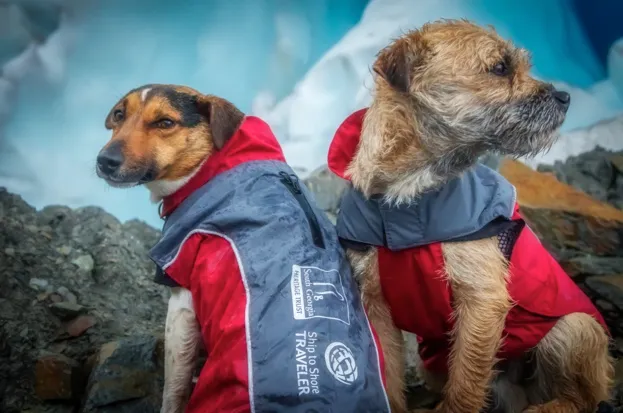The world’s largest rodent eradication project has been established as a success after South Georgia (a remote island in the southern Atlantic Ocean) is confirmed to be rodent-free.
This is the first time in more than two centuries that the island is free from invasive mice and rats, introduced by humans in the late 18th century.
The rodents originally arrived as stowaways and soon had a devastating effect on ground-nesting and burrowing birds.
These included two endemic species, the South Georgia pipit and the South Georgia pintail.

The South Georgia pipit is an endemic species to the island © Ingo Arndt

The South Georgia pintail is also endemic to the island © Sarah Lurcock
The Habitat Restoration Project was carried out by the South Georgia Heritage Trust (SGHT) and the Friends of South Georgia Island.
“South Georgia Heritage Trust is delighted to declare that its Habitat Restoration Project is complete and that invasive rodents have been successfully eradicated from the island,” says Professor Mike Richardson, chairman on the SGHT Habitat Restoration Project Steering Committee.
South Georgia is also home to half of the world’s elephant seals, 98 per cent of the world’s Antarctic fur seals, and is a nesting place for four species of penguin, including 450,000 breeding pairs of king penguins.

South Georgia is home to 450,000 pairs of king penguins © Oli Prince
The eradication program was carried out in three phases using bait, with the initial pilot phase taking place in 2011. The second and third phases took place in 2013/14 and 2015/16.
Following the final phase, no signs of rodents were detected and a team nicknamed ‘Team Rat’ spent six months undertaking a comprehensive survey to confirm that the island was rodent-free.
The team used a variety of methods, including three highly trained sniffer dogs who travelled 2420km around the island with their handlers, searching for any signs of rodents.

Helicopters were used to drop bait into inaccessible areas © Tony Martin

Trained sniffer dogs (named Will and Ahu) were used to search for signs of rodents © Oli Prince
“The popular TV series ‘Blue Planet’ highlighted our shared environmental challenges and raised awareness of South Georgia’s importance to seabirds and nature more widely,” continues Richardson. “We hope the results from this project will continue to inspire others to help protect our natural world.”
